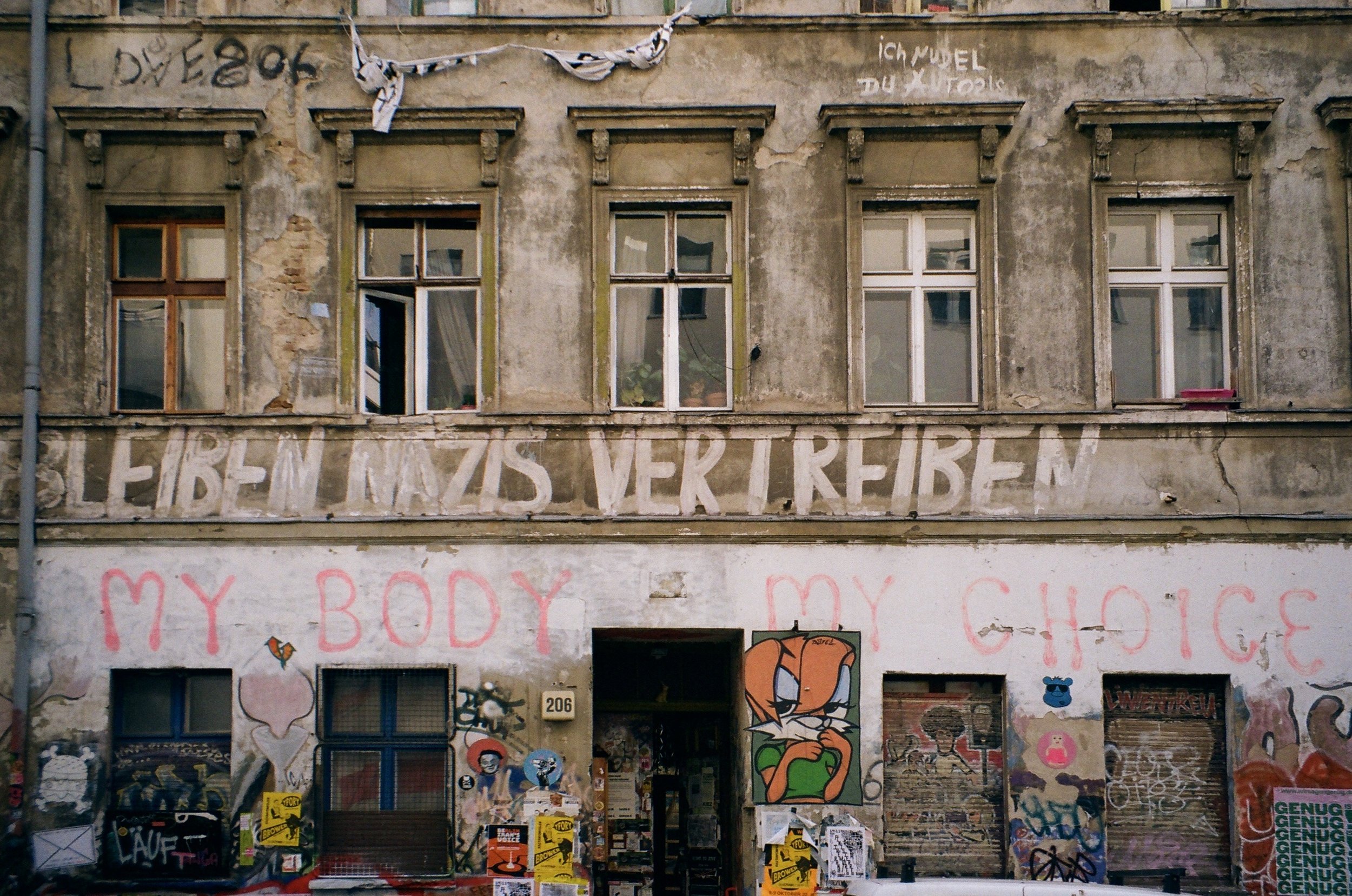Alternative, quirky, unconventional. These are all terms stereotypically used to describe Berlin. And yes, indeed, they are accurate. To an extent. Like any other city, Berlin also depicts a very ordinary place filled with ordinary groups of individuals. It is important to point out that the meaning behind the word ordinary varies according to each person, their environment & their culture.
For instance, growing up in a suburban part of Berlin, I’ve been exposed to a rather conservative and most definitely less multi-cultural crowd of people, an environment often associated with Berlin. It’s important to point out that Berlin- like many other cities - takes on multiple personalities depending on its Kietz (neighborhood) .
Hence, my ordinary Berlin might be completely different from another Berliners’ ordinary. It’s a subjective matter.
From late night Späti adventures to wandering through the streets of Berlin to S- and U-Bahn commutes, I present you with a visual representation of the strangers, friends, objects & environments I encountered, noticed, and captured in the city.


